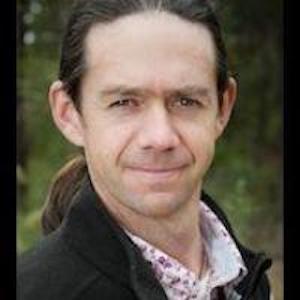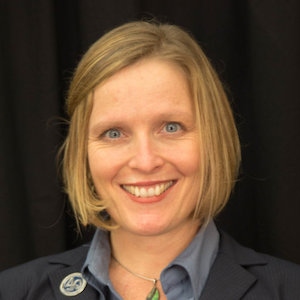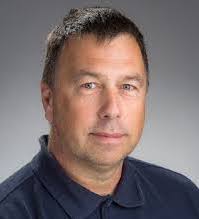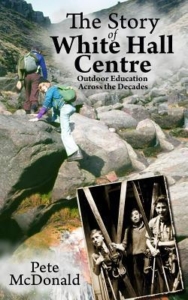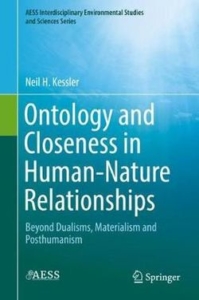JOEE 22(2)
JOEE July 2019 Issue
This issue provides a global perspective of outdoor education and environmental education with 4 papers and 2 book reviews including one on the emerging topic of humans that are more-than human. Contributors hail from the USA, Canada and Australia.
Reminder: To read these full articles you need to log-in to the OEA Digital Library
Link in the menu on the right.
Acknowledging the agency of a more-than-human world: material relations on a Snowy River journey
Scott Jukes, Alistair Stewart (pic), Marcus Morse
Rather than exact findings, this article is an exploratory journey of thinking Outdoor Environmental Education in different ways. It seeks to adopt a posthuman/relational materialist approach to explore how the material world is creative of places, people and learning opportunities beyond human-centred ways of seeing. The study was undertaken during a 10-day journey with high school students on the Snowy River in south-eastern Australia and explored context responsive learning and environmental understanding.
Teacher and student perceptions of an outdoor classroom
Caroline Guardino (pic), Katrina W. Hall, Erin Largo-Wight, Charles Hubbuch
A six-week study with two kindergarten teachers and 37 kindergarten students (5 – 6 years) to determine their perceptions of teaching and learning in a traditional indoor classroom compared to an outdoor classroom. This mix-methods study took place in a charter school in southeastern USA. Key findings: both the teachers and the students reported an increased perception of wellbeing, pleasure, and interest when teaching and learning in the outdoor classroom. Children with disabilities were less distracted and more on-task when working in the outdoor classroom.
Influence of adventure education instructor education on the perspectives and practices of preservice adventure educators
Matthew M. Maurer, The University of Alabama, USA
Matthew D. Curtner-Smith, The University of Alabama, USA (pic)
A US research paper that builds on the embryonic work on the occupational socialisation of adventure educators (AEs). This study involved 15 participants entering an adventure education instructor education (AEIE) program. Results revealed participants had one of three broad orientations to their subject matter: a leisure orientation, an outdoor pursuits orientation, and an unsophisticated adventure orientation. The study also discusses the evolution of participants and keys to the success of the AEIE program.
Ecological education via “islands of discourse”: teacher education at the intersection of culture and environment
David Zandvliet
This paper from Canadian university academic, David Zandvliet, is on a university field school conducted on the island of Kaua‘i in Hawaii. The course involved educational experiences across three botanical gardens in Kaua‘i: each of these places contributed uniquely to the development of prospective teachers through the pedagogical idea of “islands of discourse.” The paper highlights how technical, socio-cultural and ecological influences all shape interpretations relevant to environmental education.
The story of White Hall Centre: Outdoor education across the decades by Pete McDonald
Book Review by Malcolm Nicolson
The Story of White Hall Centre is the history of a residential outdoor education centre in the UK, capturing the practical achievements of its people – staff, students and supporters – over the 67 years of its operation and in the process illuminating the field of outdoor education generally as indicated in its sub-title.
This book published in May 2018 is written by New Zealander, Pete McDonald, and reviewed by Australian Malcolm Nicolson who has worked as a teacher, curriculum coordinator and Assistant Principal at Somers School Camp for 35 years.
Ontology and closeness in human-nature relationships: Beyond dualisms, materialism and posthumanism by Neil H. Kessler
Book Review by Noel Gough
In this book, Kessler identifies what he sees as the preconceptions which might be preventing people in modern, Western, Anglophone cultures from perceiving and comprehending what is happening relationally between humans and the more-than-human world. (Think: gene therapy, neurotechnology and other fields.)
For the most part it is an accessible work of environmental philosophy, with a focus on the ontology of human-nature relationships. Kessler contends that large-scale environmental problems are intimate and relational in origin, and challenges deeply embedded, modernist assumptions about the relational limitations of more-than-human beings, which place erroneous limitations on the possibilities for human/more-than-human closeness
Noel Gough is the Emeritus Professor of Outdoor and Environmental Education at La Trobe University, Melbourne.


